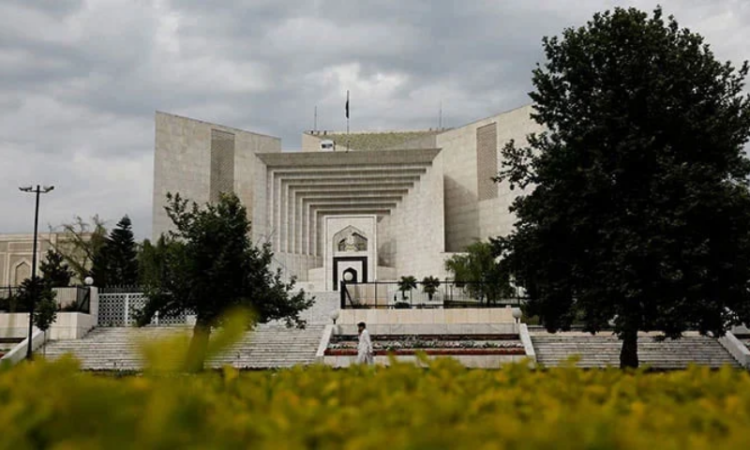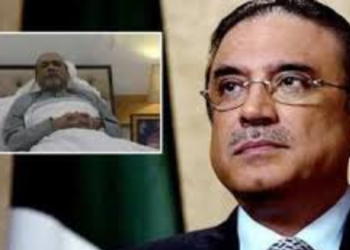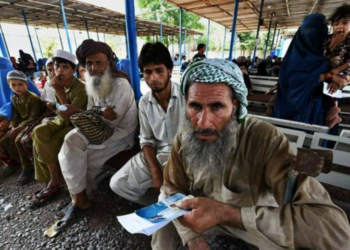Islamabad, January 13, 2025: Justice Musarrat Hilali, a member of the Supreme Court’s constitutional bench, raised a critical question on Monday regarding the accountability and punishment of army officers who suspend the Constitution. Her remarks came during a hearing on appeals challenging the trial of civilians in military courts, presided over by a constitutional bench led by Justice Amin-Ud-Din Khan.
Khawaja Haris, counsel for the Ministry of Defence, argued that the Supreme Court had previously declared Section 59(4) of the Army Act null and void. Justice Jamal Khan Mandokhail noted that the Army Act outlines various crimes applicable to military officers, to which Haris responded that civilians’ trials are governed by Section 31-D of the Army Act, which has constitutional recognition for military courts. Justice Mandokhail clarified that Section 31-D pertains to actions encouraging soldiers to neglect their duties, emphasizing the need to address who qualifies for trial in military courts.
Justice Hilali highlighted that the Constitution recognizes various tribunals and stressed the importance of determining jurisdiction over cases. Justice Mandokhail further inquired whether military trials of civilians qualify as court martials, which Haris affirmed.
Justice Hilali also questioned whether the Army Act includes provisions for penalizing an army officer who suspends the Constitution. Haris explained that such actions fall under Article 6 of the Constitution, which prescribes punishment for treason, adding that the Army Act also addresses violations of an officer’s oath.
Justice Mandokhail raised another pivotal question: If the judiciary validates martial law, would judges endorsing unconstitutional actions be subject to Article 6? Justice Muhammad Ali Mazhar cited the Pervez Musharraf case, where judges initially included in the treason trial were later excluded. Justice Mandokhail also questioned the implications of violating evidence rules in military trials, while Justice Azhar asked how such violations could be assessed without reviewing trial records.
Haris responded that the Supreme Court has jurisdiction to review cases where legal requirements are unmet. Justice Azhar expressed interest in understanding the standards of evidence in military trials, including whether witnesses in field court martials are cross-examined and if defence witnesses have the right to appear. Haris stated that an appeal under Article 184(3) of the Constitution is pending, limiting the court’s ability to review trial records or evidence standards without examining its jurisdiction.
Justice Azhar suggested that a review might still be possible. Justice Mandokhail noted that civilians were initially tried under the Official Secrets Act in civilian courts. Justice Azhar pointed out that the Act was amended on August 11, 2023, while the incident under review occurred in May 2023, raising concerns about the retroactive application of the law. Haris confirmed that the amendment was applied retrospectively.
Justice Amin-Ud-Din Khan instructed Haris to conclude his arguments by Tuesday, detailing which cases were transferred to military courts and the reasons for such transfers. The court then adjourned the hearing until Tuesday.








